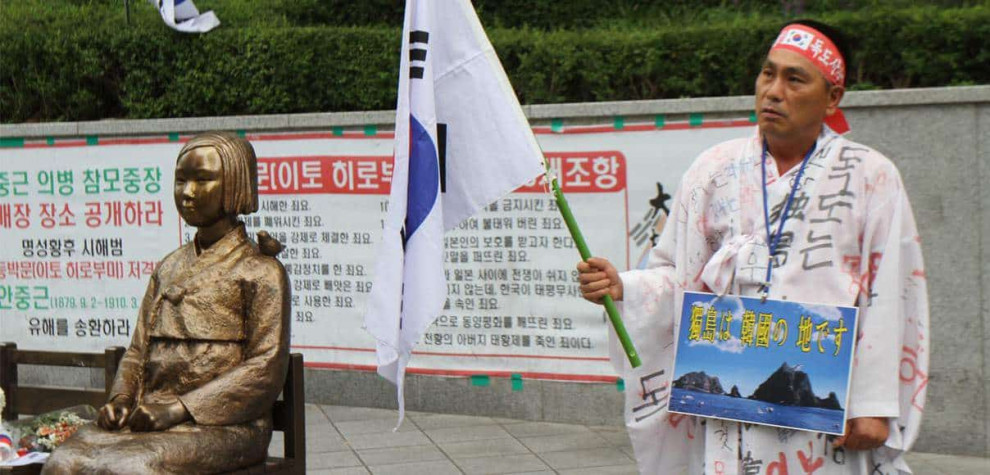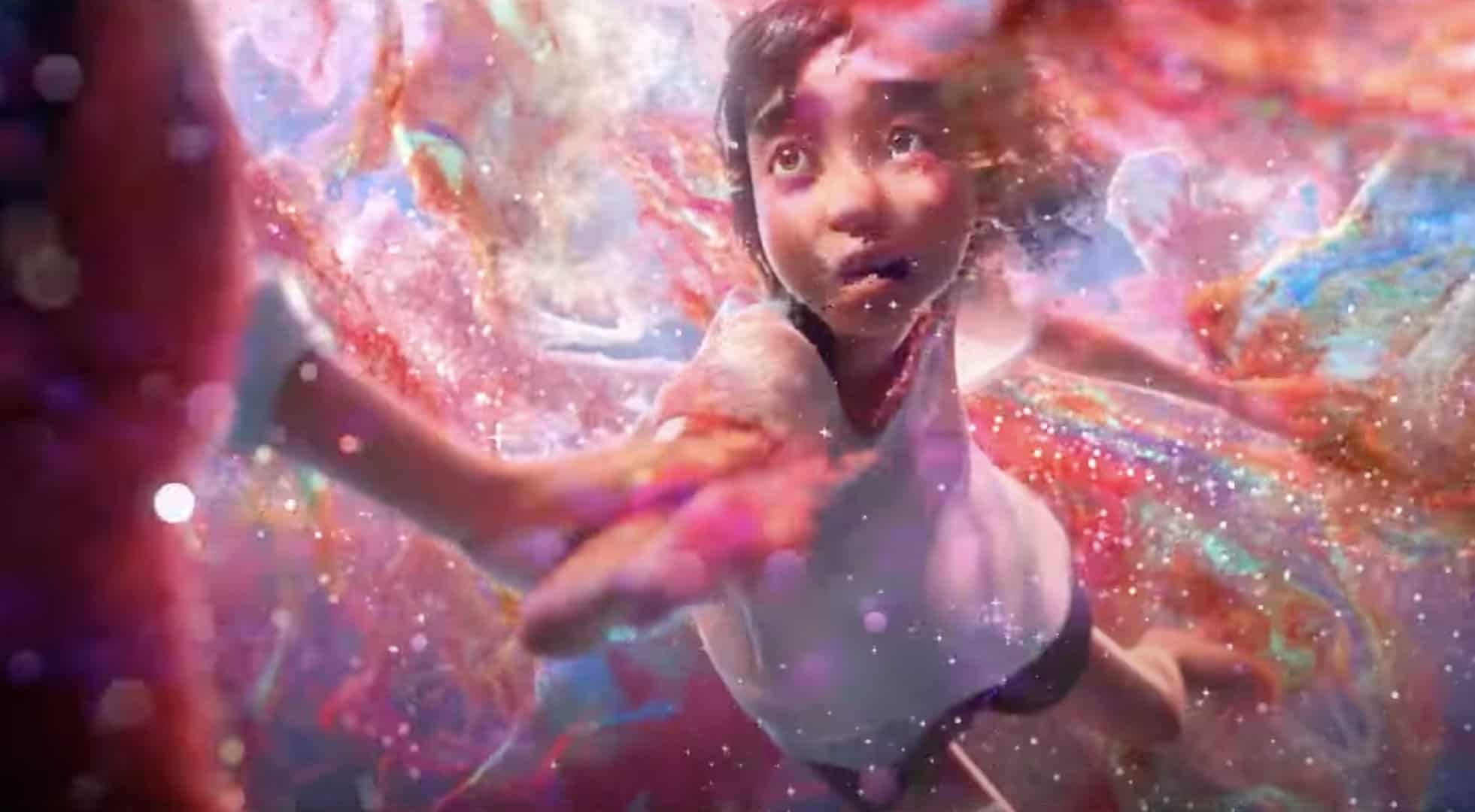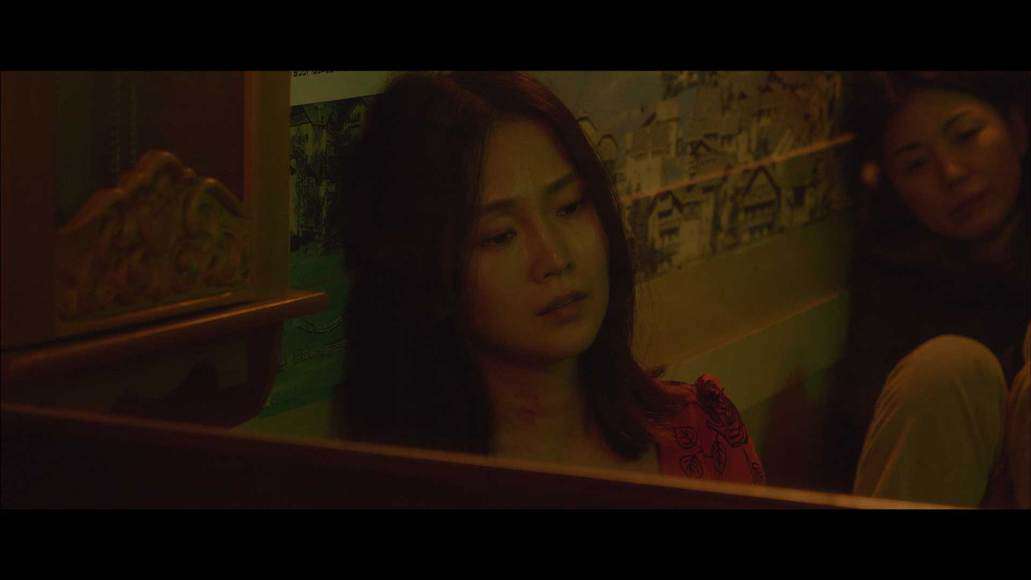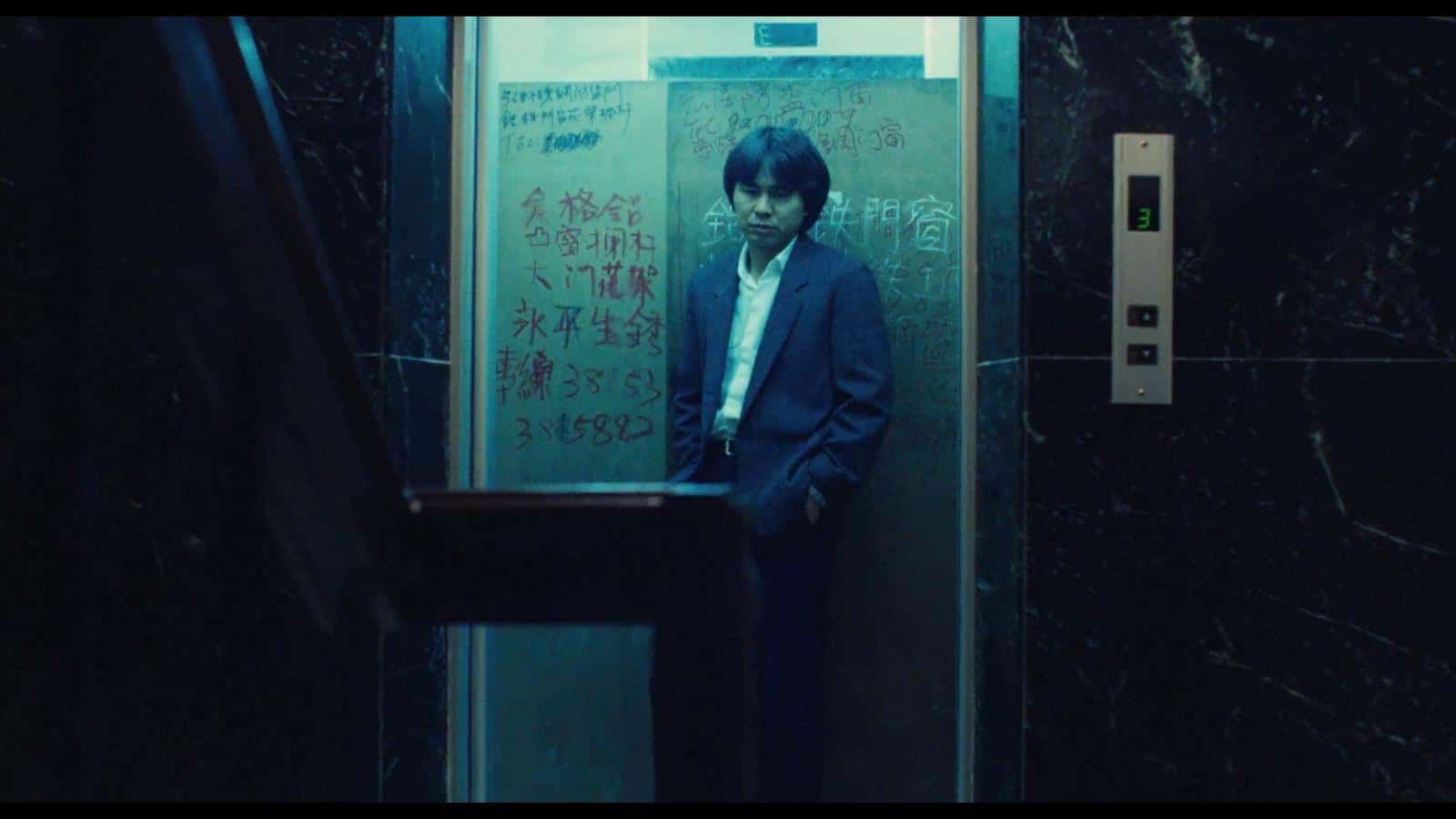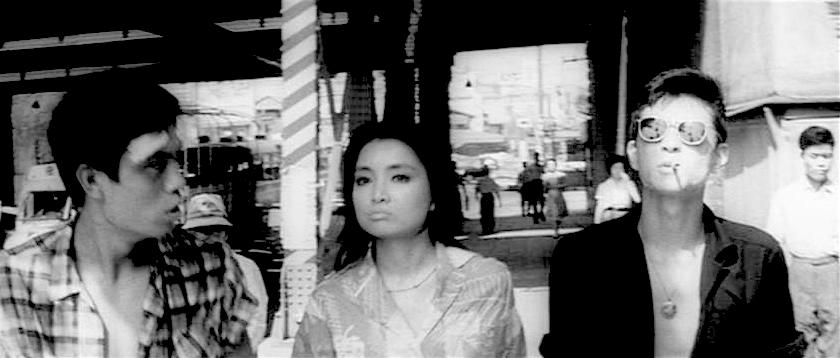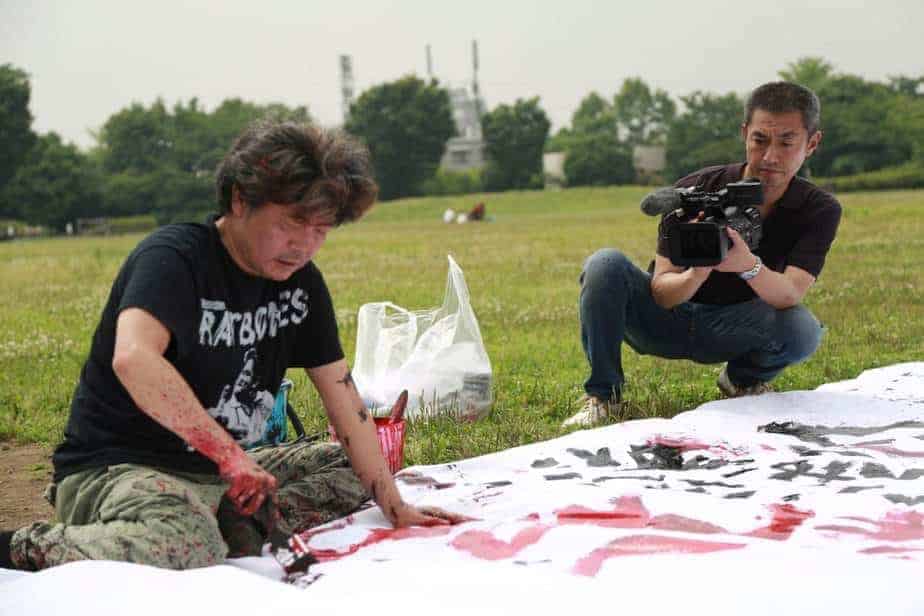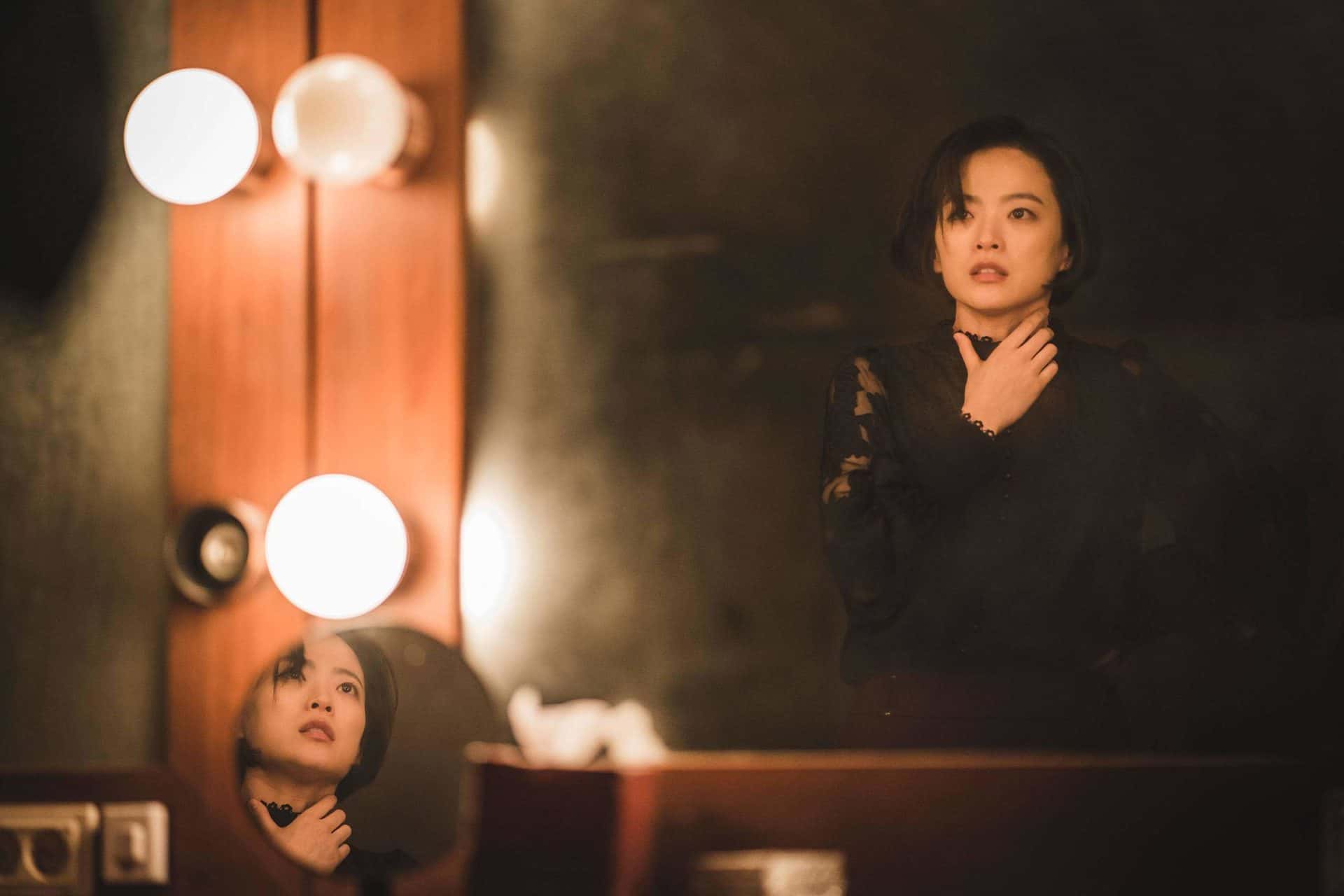When we speak about national identity, the idea of defining the essence of a nation, its people and its culture, even though we might not be short of answers, there is the danger of either accumulating stereotypes or becoming restrictive. Consequently, defining what features make a nation also determines, in a way, who and what does not belong, thus setting the foundation for movements and voices who would rather have these “outside influences” just go away. Rather than bringing forth what unites people, it can actually emphasize their differences, leading to conflicts, arguments and even deeply-rooted hate, especially when national identity becomes the individual identity. In his directorial debut, the documentary “Land of my Father”, US-American director Matthew Koshmrl explores these issues of national identity, focusing on the ongoing debates between South Korea and Japan about the island of Dokdo or Takeshima, also known as Liancourt Rocks.
“Land of my Father” screened at Jeonju International Film Festival
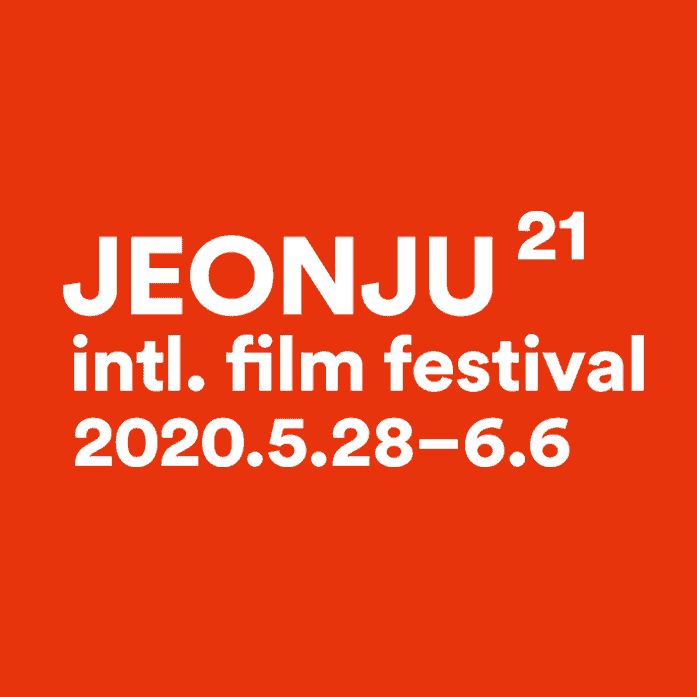
During the course of his documentary, Koshmrl follows the political and historical development of the conflict between the two countries surrounding the island. While administered by South Korea since 1954, Japan, to this day, insists on its claim over the island, resulting in heated debates among the politicians of each country. At the same time, the camera looks at various individual stories, such as Choi Kyungsook or Noh Byungman, whose personal lives are closely connected to the island and who are opposed to the Japanese claim over it. Taking over an outsider's perspective, Koshmrl looks at their stories, their arguments and their individual ways to insist on their roots within the island's history, eventually dealing with themes like nationalism, home and, overall, the point of the struggles of the people he shows in his documentary.
As we meet Choi Kyungsook for the first time, she is on the ferry to Dokdo, planning to stay on the island and show to her son where her father had lived for so many years. Her father, Choi Jongduk was a fisherman and his family was the only one living on Dokdo, granting him some kind of fame within national media. Setting foot on the island, however, reveals how much of his father's traces have already been erased. For example, the hut where he and his family had lived, is now replaced by a more modern, tourist-friendly building. Similar to other memorabilia or monuments to his father's memory, these places of remembrance have been erased, as if his father had never been here. With only her memory along with the pictures and films she has collected over the years telling the story of how he had lived on the island, there is the idea of a nation erasing one's memory, one's narrative, thus resulting in a passionate hate and/or sadness about a country claiming this memory for itself, like Japan does.
Even though it might be easy to at times, the eye of the camera never judges, finds instances of understanding and sympathy for the character's struggles. Met with indifference in their own families, impatience and even embarrassment, their actions often seem desperate, angry, even pointless to some degree. Byungman's protest in front of the national assembly, waving the Korean flag and shouting slogans that Dokdo belongs to Korea, seems rather quaint and pointless, especially given the fact he is the only one. To add to the strangeness of the event, Koshmrl captures how the stoic man is surrounded by a whole group of armed policemen, arguing with him about the duration of his protest and eventually taking him away from across the assembly after just five minutes. “True history will win”, he says at one point in the film, but in the end, the audience is left with the sense that this fight over whose narrative will prevail has been decided a long time ago, ignoring the voices and histories of people like the ones Koshmrl portrays.
“Land of my Father” is a film about the connection of national identity and a national narrative to a person's biography. Centering around the debate over Dokdo island, it is an impactful documentary about the issue of erasing one's story and roots along with the desperate struggle to keep those memories alive for future generations.


